Teeth grinding refers to the phenomenon of habitual chewing during sleep or unconscious clenching of teeth during the day; It is a common and frequently occurring disease in dentistry, with most patients being children and young people.
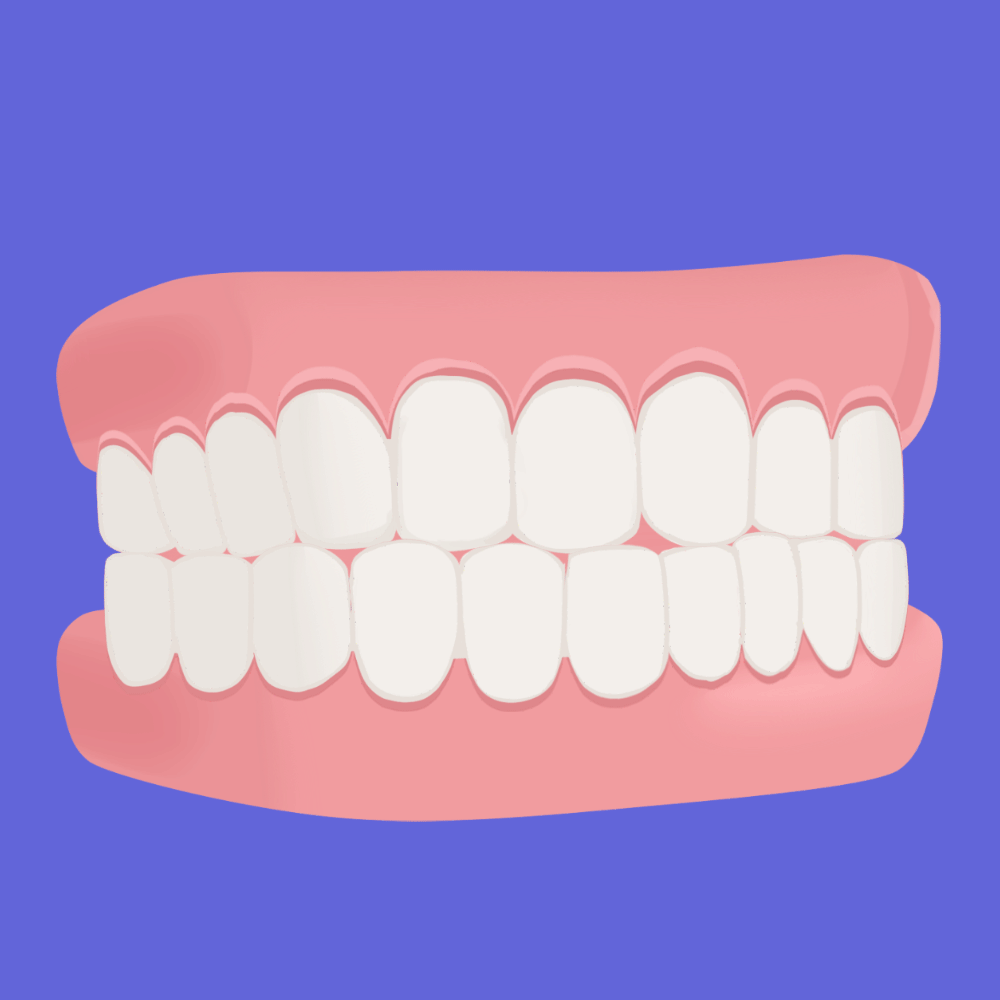
Why is grinding teeth considered a disease?
Because grinding teeth not only produces sound that affects others’ sleep, but also causes tooth wear and tear. During the process of grinding teeth, friction between teeth can lead to teeth becoming shorter and thinner. In severe cases, it can even expose dentin and dental nerves, causing teeth to be sensitive, fragile, and painful.
Continuously grinding teeth not only causes tooth wear, but also causes fatigue and pain in the chewing muscles, and in severe cases, it can also wear down the lower jaw joint. So, grinding teeth is an oral disease!
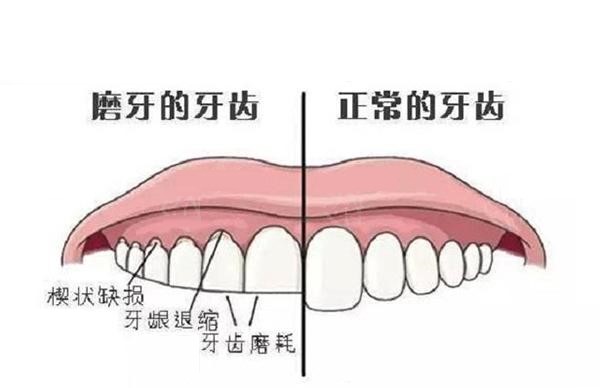
Why do you grind your teeth?
The factors of grinding teeth can be roughly divided into the following three types:
① Psychological issues
Psychological problems such as mental tension, psychological anxiety, and depression lead to abnormal changes in the neural mediators of information transmission in the central nervous system, resulting in the occurrence of bruxism. The higher the level of anxiety, the higher the frequency of bruxism.
② Gastrointestinal problems
Diseases such as intestinal parasitic infections, gastrointestinal dysfunction, endocrine imbalance, allergic diseases, vitamin D deficiency, and trace element deficiency can all cause bruxism.
③ Teeth problems
Inconsistent occlusal relationship is a major factor in bruxism, including malocclusion, missing teeth, missing or excessively long teeth, unilateral chewing, etc.
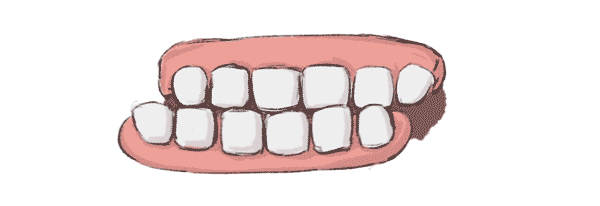
How to treat molars?
1. bite plate treatment: bite plates can be worn before bedtime to relieve muscle tension and prevent tooth wear.
2. Psychological therapy: For bruxism caused by psychological problems, one should actively regulate emotions such as psychological tension and anxiety, reduce brain excitement, relieve stress, and then fall asleep.
3. Maintain good dietary habits: pay attention to calcium supplementation, light diet, nutritional balance, and eat small and multiple meals.
4. Actively treat gastrointestinal problems: For molars caused by gastrointestinal problems, targeted medication treatment can be taken according to the doctor’s instructions. In addition, it is best to eat less late night snacks to prevent gastrointestinal discomfort caused by indigestion and exacerbate tooth grinding! Of course, if you are indeed hungry, you can also eat some late night snacks in moderation.
However, after finishing the midnight snack, remember to clean your teeth well! Otherwise, if the prevention and treatment of tooth grinding is just effective, but the teeth decay, it will not be worth the loss!
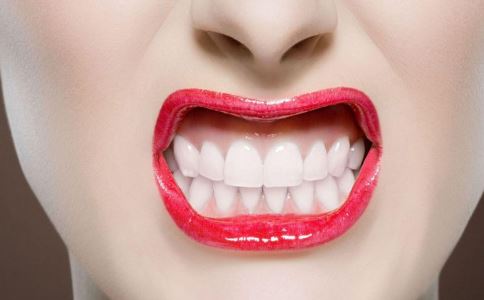
Three steps for teeth cleaning after midnight:
Step 1: Use a JIEYANG bigsmile water flosser and mouthwash to clean the gaps between teeth, allowing a high-frequency pulse water column to penetrate deep into the gaps, washing away any food residue remaining in the gaps, and also removing dental plaque adhering to the gaps;

JIEYANG bigsmile is a high-quality teeth puncher that can adjust the impact gear with just a gentle slide of your finger, making you love it!
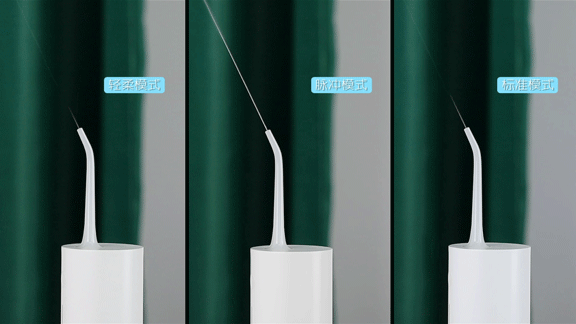
Step 2: Use a soft bristled toothbrush and fluoride toothpaste to clean the tooth surface comprehensively and effectively prevent dental caries;
Step 3: Rinse your mouth with mouthwash to make oral hygiene more comprehensive and thorough!
Long term grinding of teeth can cause damage to teeth, gums, periodontal tissue, and also affect the quality of sleep for oneself and cohabitants. Cleaners should pay attention to bruxism, actively take preventive measures, adhere to daily comprehensive cleaning of the oral cavity, protect their teeth, so that there is no more “creaking” sound at night, and have a good dream!